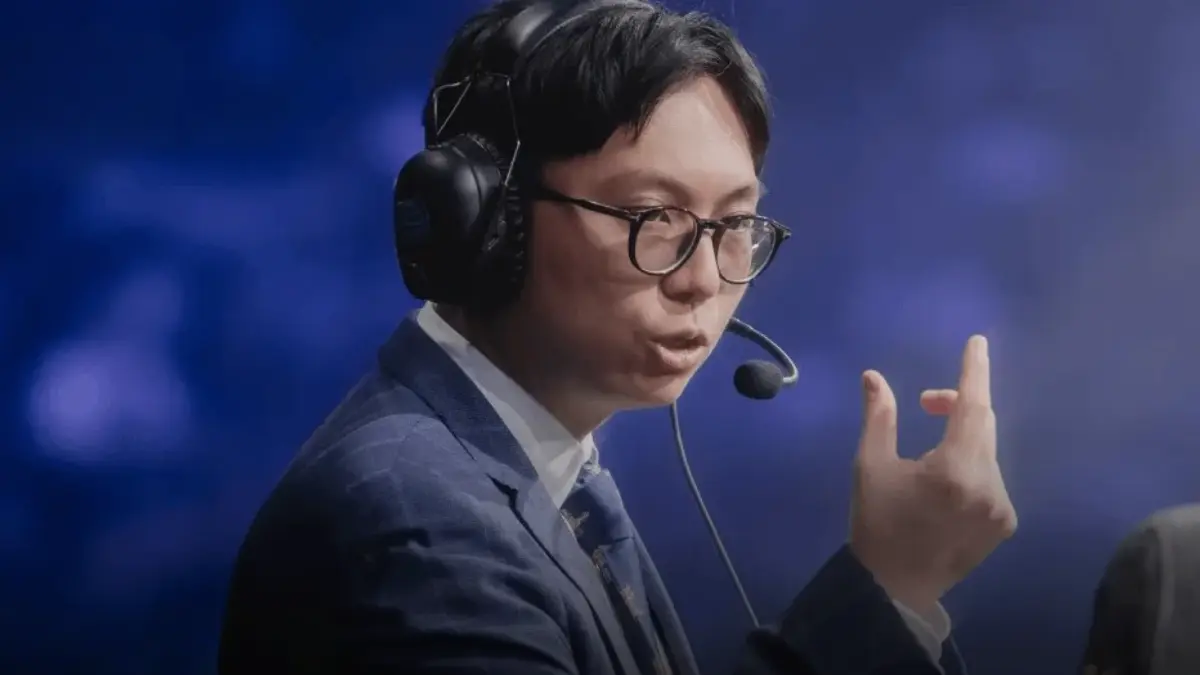The head coach of Brazilian League team VKS just dropped a bomb on North America’s esports scene. During a recent interview with Sheep Esports making waves across the community, Christopher “SeeEl” Lee argued that Riot Games restored the LCS to three Worlds slots purely for business reasons—not because the region earned it competitively.
“Riot didn’t give the LCS three Worlds spots because they’re good,” SeeEl stated bluntly. He went further, criticizing the entire NA ecosystem: “You don’t save the LCS by propping up venture-capital-backed orgs burning cash in California… the world’s most overpaid region.”
Riot just announced it’s scrapping the 2024 “LTA” (Americas) experiment and bringing back standalone LCS and CBLOL leagues for 2025. With that reset, LCS returns to three Worlds slots while Brazil’s CBLOL gets one guaranteed berth.
SeeEl argues Riot has “poured millions” into an expensive Los Angeles ecosystem while chasing customers “that don’t exist.” His alternative? Invest in grassroots development, collegiate pipelines, and creator programs. Build scholarship systems to grow and retain talent instead of throwing money at inflated salaries.
He didn’t stop at criticizing NA. SeeEl made a passionate case for his own region. Brazil has a massive player base and huge growth potential, he said. With proper community integration and grassroots support, “League could become a national esport” in Brazil. He wants more international opportunities—specifically another Worlds chance for CBLOL.
But SeeEl isn’t naive about business. He openly acknowledged why Riot favors North America economically. The CPM difference is stark: U.S. advertising earns roughly $9–16 per thousand views compared to Brazil’s $0.20–$1.00. One American viewer brings about 45 times the revenue of a Brazilian viewer. For Riot’s bottom line, keeping U.S. sponsors happy matters enormously.
The coach also credited NA with helping Brazilian teams improve during LTA. The LA bootcamps where South American teams scrimmed against LCS squads were “extremely beneficial” and key to VKS’s success last season. He appreciates the competitive value NA provided even while questioning their international slot allocation.
North America’s Worlds record backs up his skepticism. Team Liquid’s 2019 MSI finals run marked the region’s last major international peak—five years ago. Since then, LCS teams have struggled to escape group stages at most international events. Meanwhile, CBLOL has never reached Worlds knockout rounds, though domestic viewership remains strong.
The broader context reveals deeper industry pressures. LCS franchising in 2018 kicked off an era of venture capital spending that drove salaries sky-high. By 2022–2024, that bubble burst. Orgs cut costs or left entirely. The developmental system got reworked. Salaries crashed.
The CPM reality check
SeeEl’s economic argument exposes esports’ uncomfortable truth. Riot operates a global business where regional investment follows revenue potential, not just competitive merit. Brazil boasts passionate fans and growing player numbers, but American advertising markets dwarf that financial value by orders of magnitude.
Los Angeles houses Riot’s headquarters, broadcast talent pool, and production infrastructure. Moving that ecosystem would cost enormous money and risk operational chaos. The company chose stability over experimentation when it ended LTA after just one season.
Whether NA “deserves” three Worlds slots remains a hot debate. SeeEl made clear where he stands: competitive performance should matter more than CPM rates. His call for grassroots investment in both regions frames a vision where sustainable pipelines replace cash-burning shortcuts.
Riot hasn’t publicly commented on the slot allocation rationale or future grassroots plans for 2025. The restored format launches next year with LCS and CBLOL back to separate leagues, three and one Worlds slots, respectively, and the Americas esports community still arguing about what fair competition really means.

